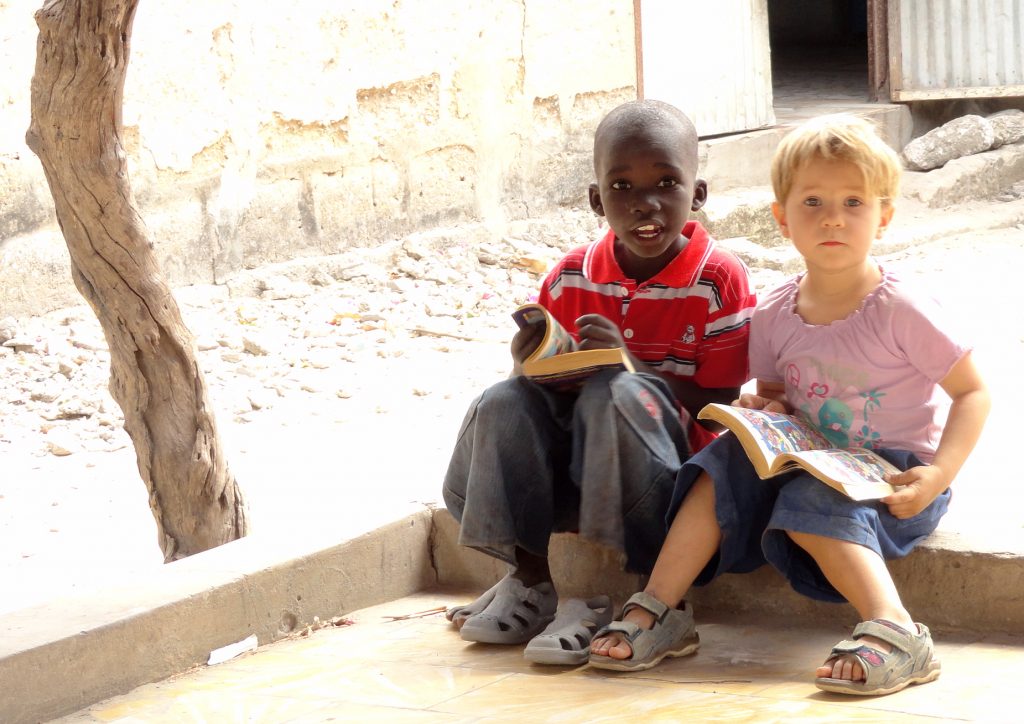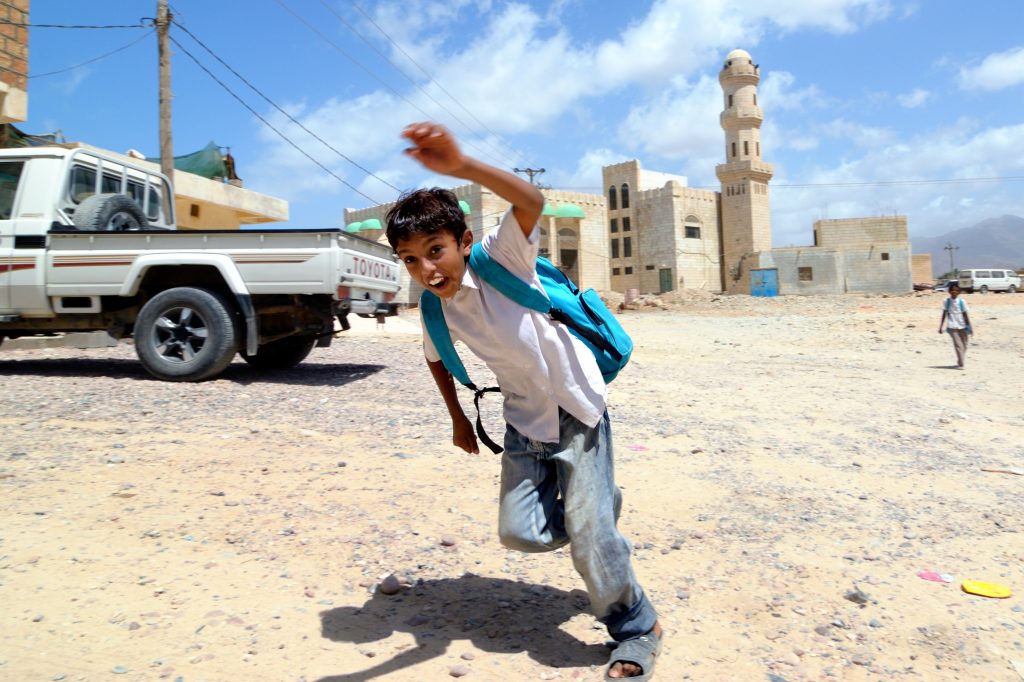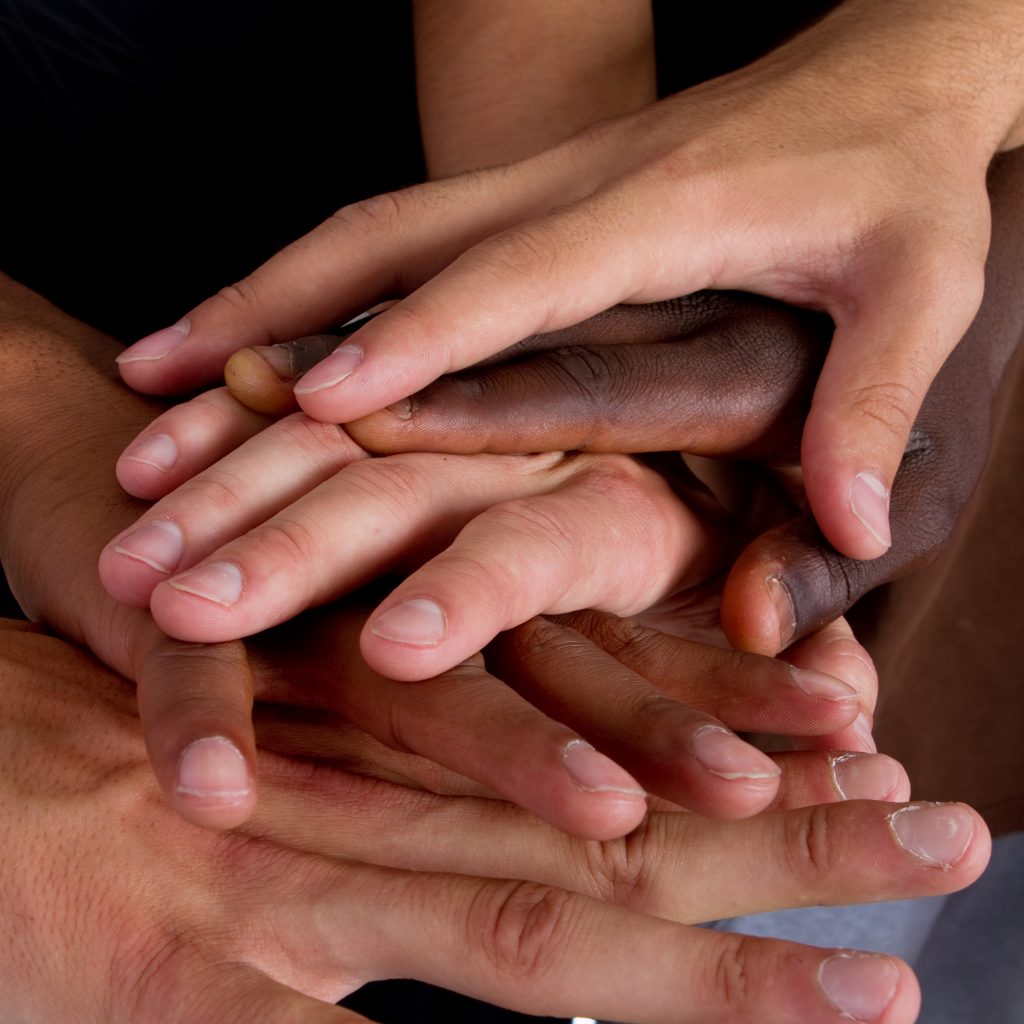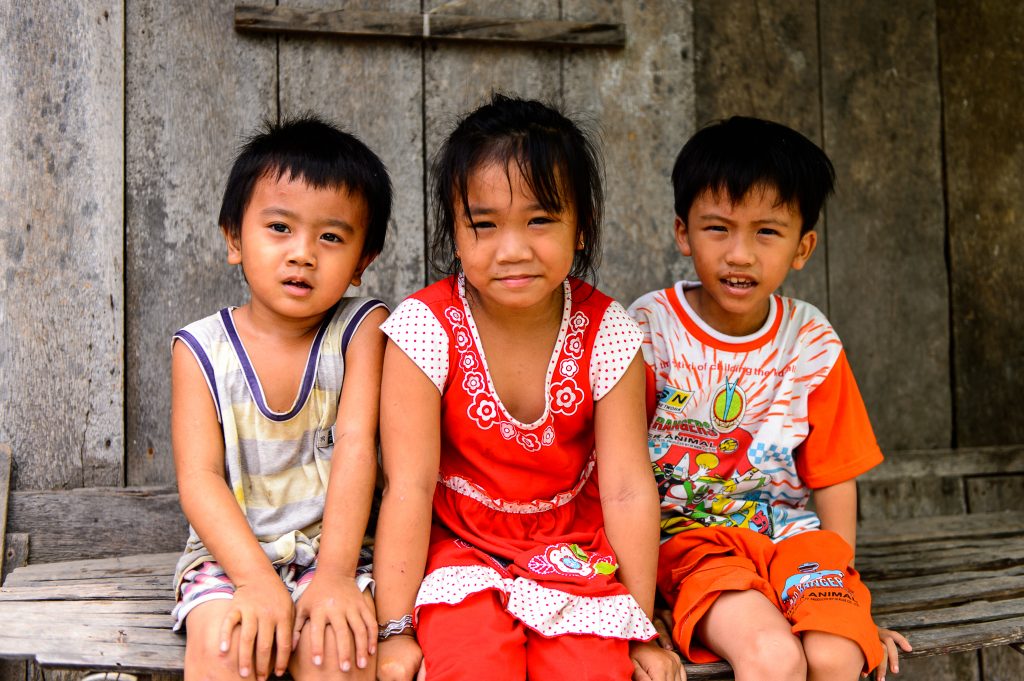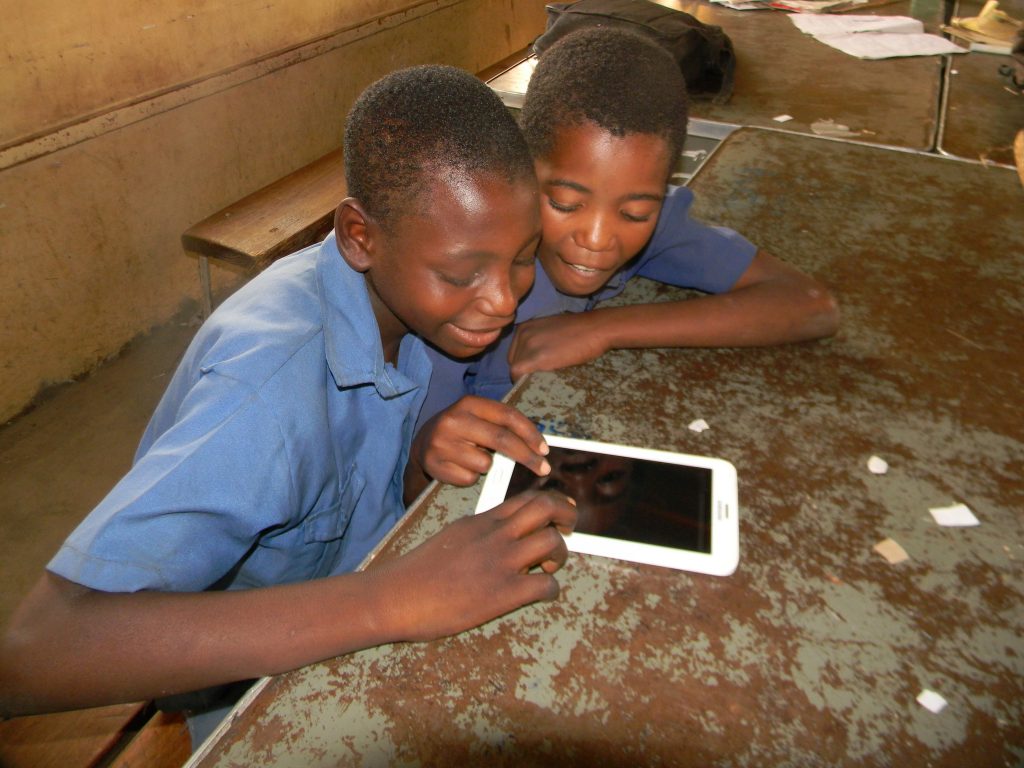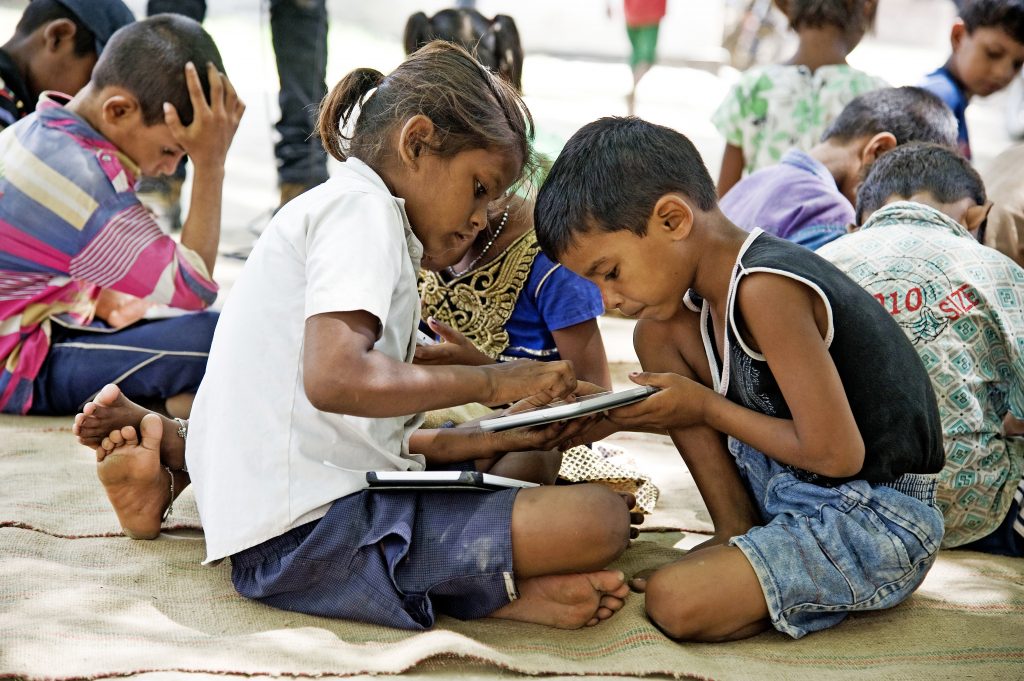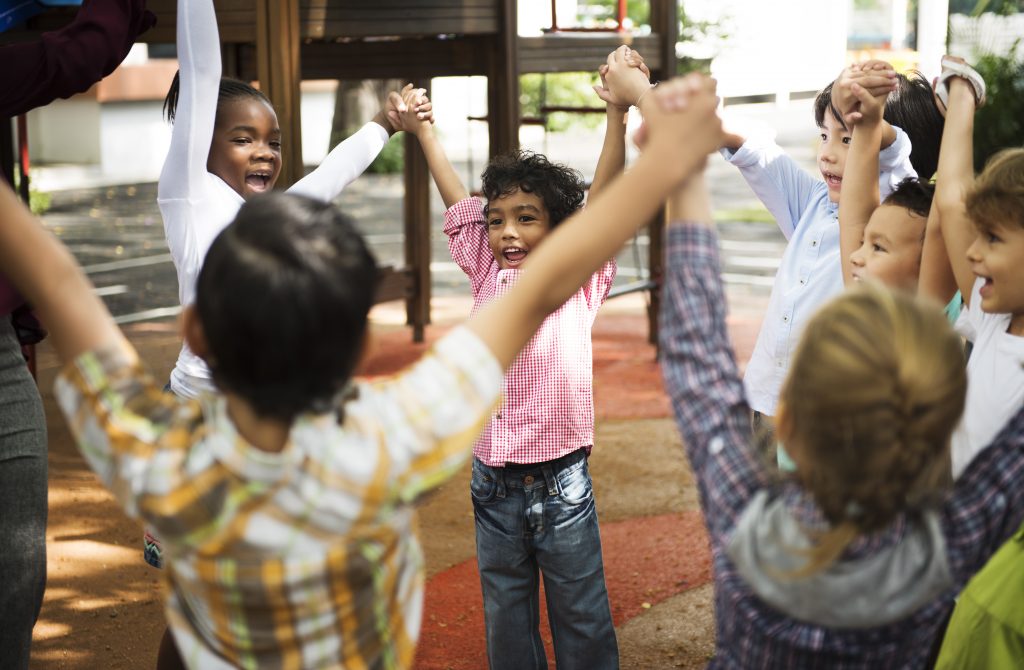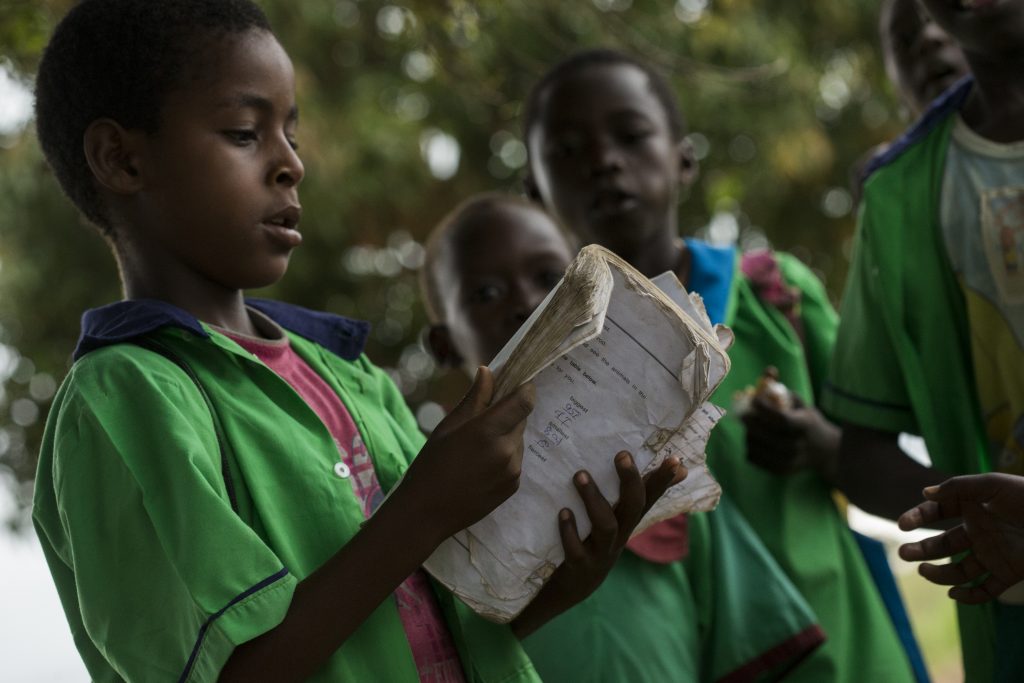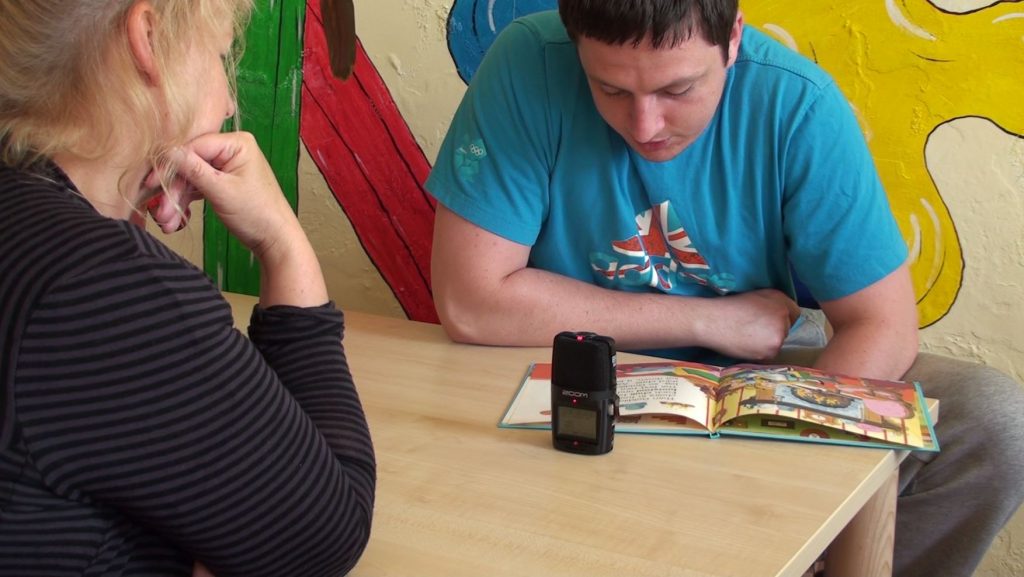The COVID-19 pandemic has hit the least advantaged the hardest and highlights the harsh reality of educational inequality. As we look to rebuild, we must ensure that the global literacy challenge is finally and decisively met, writes Princess Laurentien of the Netherlands, UNESCO Special Envoy on Literacy for Development.

COVID-19 has disrupted education worldwide in an unprecedented way. Millions of students have not been able to continue learning in schools, universities, vocational training institutions and adult learning programmes. Many governments responded to the pressing need to provide school children with learning possibilities via online and distance learning. Virtual lessons were adopted, home learning materials distributed and education provided through TV and radio or in open air spaces. These efforts were essential and undeniably very challenging for many governments, teachers and students alike as it demanded a reshuffling not only of delivery mechanisms but also of roles and responsibilities.
The crisis also shows us, with a frightening clarity, what consequences a lack of basic literacy skills can have. Some 773 million youth and adults globally lack basic levels of literacy and numeracy, two-thirds of them female. Most of these youth and adults face multiple disadvantages. They are often unable to acquire decent jobs, suffer from hunger and bad health, cannot make informed choices, and are excluded from social interaction and full participation in society. Continue reading

